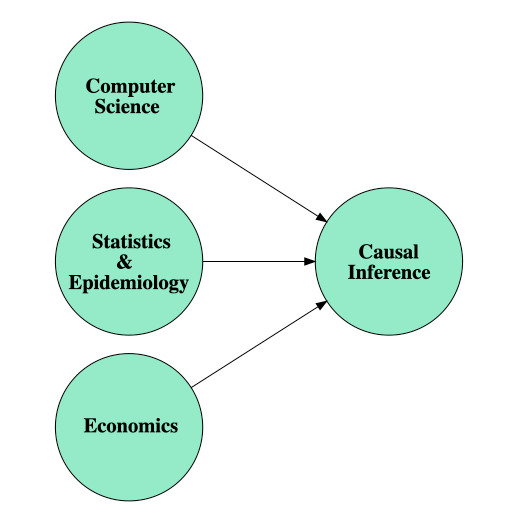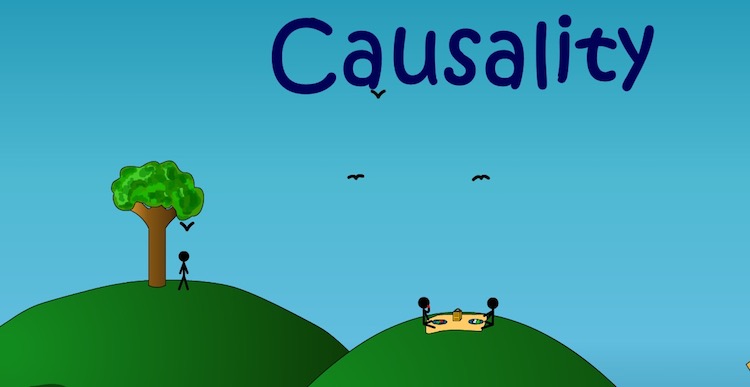Causality
JUDEA PEARL AND DANA MACKENZIE
THE BOOK OF WHY: THE NEW SCIENCE OF CAUSE AND EFFECT
New York: Basic Books, Published May 15, 2018


Causality Meaning
HOMEPUBLICATIONSBIOCAUSALITYPRIMERWHYDANIEL PEARL FOUNDATION
Causality Script Writing
|
Causality can also be crucial to dealing with adversarial attacks, subtle manipulations that force machine learning systems to fail in unexpected ways. “These attacks clearly constitute violations of the i.i.d. Assumption that underlies statistical machine learning,” the authors of the paper write, adding that adversarial vulnerabilities. Causality Causality refers to the relationship between events where one set of events (the effects) is a direct consequence of another set of events (the causes). Causal inference is the process by which one can use data to make claims about causal relationships.